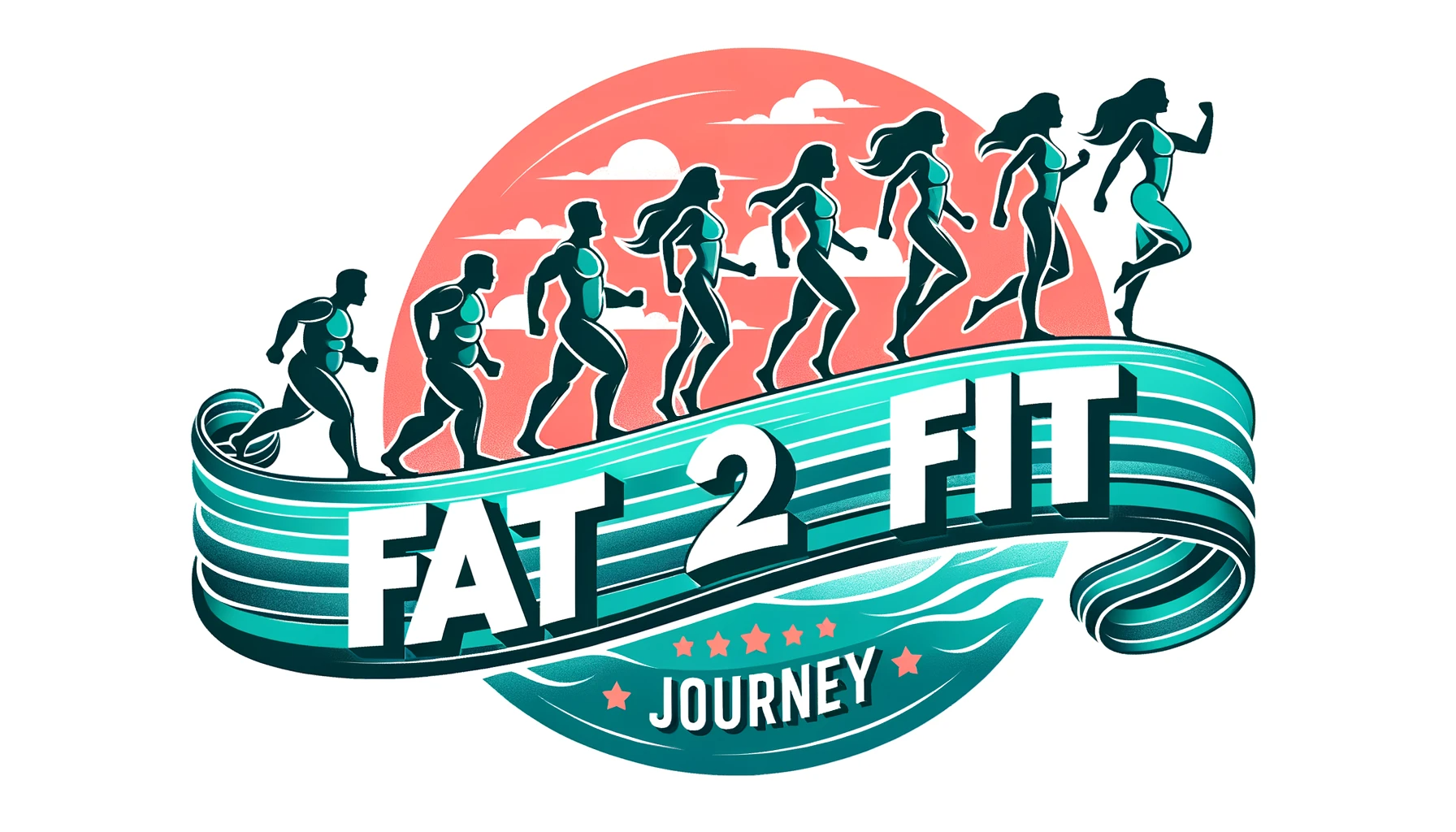Losing weight can be a challenging journey for many, but did you know that men have a natural advantage when it comes to shedding those extra pounds? While weight loss is not a one-size-fits-all process, studies have shown that men tend to lose weight at a faster rate than women. From biological factors to metabolic advantages, understanding these differences can provide valuable insights for men on their weight loss journey. So, if you’re looking for some motivation and encouragement, read on to discover the advantage men have in losing weight.

Table of Contents
Physical Differences
Difference in metabolism
One advantage that men have in weight loss is their higher metabolic rate compared to women. On average, men tend to have a faster metabolism due to factors such as higher muscle mass and overall body composition. This means that men burn more calories at rest than women, making it easier for them to create a calorie deficit and lose weight.
Higher muscle mass
Another physical difference that gives men an advantage in weight loss is their higher muscle mass. Men naturally have more muscle mass than women due to hormonal differences, specifically higher levels of testosterone. Muscle tissue is more metabolically active than fat tissue, meaning that the more muscle you have, the more calories you burn throughout the day.
Faster weight loss
As a result of their higher metabolism and greater muscle mass, men generally experience faster weight loss than women. This can be a motivating factor for men, as they may see more noticeable changes in their body composition and overall weight in a shorter amount of time. However, it is important to note that weight loss is highly individual and can be influenced by various factors such as diet, exercise, and overall lifestyle choices.
Hormonal Factors
Testosterone levels
Testosterone, often referred to as the “male hormone,” plays a significant role in weight loss. Men naturally have higher testosterone levels than women, which can contribute to increased muscle mass, reduced fat storage, and overall higher metabolic rate. Testosterone also promotes the production of lean muscle, which can aid in weight loss and improve body composition.
Estrogen levels
On the other hand, women have higher levels of estrogen, which can influence weight loss and body fat distribution. Estrogen has been associated with increased fat storage, particularly in the hips, thighs, and breasts. This can sometimes make it more challenging for women to lose weight in these areas. However, it is important to note that hormone levels and their effects can vary greatly among individuals.
Ghrelin and leptin levels
Ghrelin and leptin, known as the hunger hormones, also play a role in weight loss. Ghrelin stimulates appetite and promotes the intake of food, while leptin signals satiety and controls energy expenditure. Research suggests that men have lower ghrelin levels and higher leptin levels compared to women, which may contribute to a reduced appetite and increased feelings of fullness. This can make it easier for men to control their calorie intake and adhere to a weight loss plan.
Psychological Factors
Self-perception and body image
Self-perception and body image can greatly influence weight loss success. Men tend to have a more positive body image, and are less prone to body dissatisfaction compared to women. This can result in increased motivation and self-esteem, making it easier for men to commit to a weight loss journey and achieve their goals. However, it is important to remember that body image is a complex issue and can affect individuals differently.
Mindset towards weight loss
Men often have a different mindset towards weight loss compared to women. They may approach it as a challenge or a goal to achieve, which can make the process more enjoyable and engaging. Men may also have a tendency to focus more on strength and muscle gain, which can provide added motivation and a sense of accomplishment. This mindset can contribute to a greater commitment to regular exercise and healthier eating habits.
Perceived social support
Perceived social support can be a significant factor in weight loss success. Men may experience more encouragement and support from their peers, family members, or support networks. This can provide a sense of accountability and motivation, making it easier to stick to a weight loss plan and overcome any obstacles. Having a strong support system can also help men navigate challenges that may arise during the weight loss journey.
Social Factors
Workplace culture
Workplace culture can have a profound impact on weight loss. Men may have an advantage in certain work environments where physical activity is more encouraged or required. For example, jobs that involve manual labor or regular physical exertion can contribute to increased calorie expenditure and overall weight loss. Additionally, men may also have more flexibility in managing their work schedules, allowing for more time to engage in exercise and prioritize their health.
Diet and nutrition advice
Social norms and expectations can influence the type of diet and nutrition advice that men receive. Men are often encouraged to focus on protein consumption to support muscle growth and maintenance. This can provide an advantage in weight loss, as protein-rich foods are more satiating and can help control appetite. However, it is important for men to ensure they are getting a well-rounded and balanced diet that includes a variety of nutrient-dense foods.
Social norms and expectations
Societal norms and expectations can play a role in weight loss success. Men may face less pressure to conform to a certain body image compared to women. This can lead to less stress and anxiety around weight loss and body shape, allowing men to approach their weight loss journey with a more positive mindset. However, it is important to recognize that everyone’s weight loss journey is unique and should not be compared to societal standards or expectations.

Dietary Differences
Higher calorie intake
Men generally have a higher daily calorie intake compared to women due to differences in body size and metabolism. This can be an advantage in weight loss, as men have more flexibility in creating a calorie deficit while still meeting their nutritional needs. However, it is important for men to be mindful of the quality of their calories and focus on nutrient-dense foods to support overall health and well-being.
Food preferences
Food preferences can greatly influence dietary choices and adherence to a weight loss plan. Men may have a higher preference for protein-rich foods, such as meat, poultry, and dairy products. These foods can provide important nutrients for muscle growth and repair while also promoting satiety. Men may also enjoy a wider variety of foods and flavors, which can make it easier to maintain a balanced and enjoyable diet during the weight loss process.
Pattern of emotional eating
Emotional eating is a common challenge that many individuals face during weight loss. Men may have a different pattern of emotional eating compared to women, as their triggers and coping mechanisms may vary. Men may be more inclined to engage in physical activities or seek social support to cope with emotional stress, rather than turning to food for comfort. However, it is important for men to be aware of their emotional eating patterns and develop healthy coping strategies.
Exercise Habits
Type and intensity of workouts
Men often have different exercise preferences and habits compared to women. They may prefer high-intensity workouts or strength training to build muscle and increase overall fitness. These types of exercises can lead to increased calorie expenditure and promote weight loss. Additionally, men may also have more confidence and experience in weightlifting or other forms of resistance training, which can further contribute to their advantage in losing weight.
Muscle-building advantage
Due to higher testosterone levels, men have a greater potential for muscle-building compared to women. This can give them an advantage in losing weight, as the more muscle mass they have, the more calories they burn at rest. Building and maintaining muscle through regular exercise can help men achieve their weight loss goals and improve overall body composition.
Motivation and adherence
Men may have a higher level of motivation and adherence to exercise routines compared to women. They may be more goal-oriented and focused on achieving specific outcomes, such as strength gains or improved athletic performance. This can make it easier for men to stick to a regular exercise regimen and stay committed to their weight loss journey. Additionally, the social support and camaraderie often found in male-dominated exercise settings can further enhance motivation and accountability.

Medical Considerations
Lower risk of developing eating disorders
Eating disorders can be a significant barrier to weight loss for many individuals. Men generally have a lower risk of developing eating disorders compared to women. This may be due to societal factors, such as less pressure to conform to restrictive dieting or body image ideals. This lower risk can make it easier for men to focus on adopting healthy and sustainable lifestyle changes rather than engaging in extreme dieting behaviors.
Different response to certain weight-loss medications
Medical interventions, such as weight-loss medications, may have different effects on men compared to women. Research has shown that certain medications may be more effective in promoting weight loss in men due to differences in hormonal and physiological responses. However, it is important for individuals to consult with healthcare professionals to determine the most appropriate and safe treatment options for their specific needs.
Different health concerns
Men and women may have different health concerns that can influence weight loss efforts. Men are generally more prone to carry excess weight around the abdomen, which is associated with increased health risks such as cardiovascular disease and type 2 diabetes. This can serve as a motivator for men to focus on weight loss and adopt healthier lifestyle habits. However, it is important for both men and women to prioritize overall health and well-being rather than solely focusing on weight loss.
Genetic Factors
Variations in fat distribution
Genetic factors can influence the distribution of fat in the body. Men tend to carry more visceral fat, which is located deep within the abdomen and surrounds internal organs. This type of fat is associated with increased health risks and can be more responsive to weight loss efforts compared to subcutaneous fat, which is located just beneath the skin. This genetic advantage can make it easier for men to target and reduce fat in certain areas.
Different fat storage and metabolism
Men and women have different fat storage and metabolism patterns. Men typically have a higher percentage of muscle mass, which can increase their metabolic rate and overall calorie expenditure. They also have higher levels of testosterone, which promotes the breakdown of stored fat for energy. These factors can contribute to men’s advantage in losing weight and achieving a leaner body composition.
Impact on appetite and satiety
Genetic factors can also influence appetite and satiety cues. Men may have different hunger and fullness signals compared to women, which can affect their overall calorie intake and weight loss progress. Genetic variations can impact the production and regulation of hormones involved in appetite control, such as ghrelin and leptin. Understanding these genetic differences can help individuals tailor their weight loss strategies to their specific needs.
Weight Loss Expectations
Faster initial weight loss
Due to their higher metabolic rate and muscle mass, men often experience faster initial weight loss compared to women. This can be encouraging and motivating for men, as they may see significant changes on the scale within the first few weeks of starting a weight loss program. However, it is important to remember that weight loss progress varies among individuals and can slow down over time.
Perception of progress
Men may have a different perception of weight loss progress compared to women. They may be more focused on objective measures such as body weight, body fat percentage, or strength gains. This can make it easier for men to stay motivated and track their progress throughout their weight loss journey. It is important, however, for both men and women to also acknowledge and celebrate non-scale victories and improvements in overall health and well-being.
Long-term maintenance
Weight loss maintenance can be a challenge for individuals of any gender. Men may have an advantage in long-term maintenance due to factors such as higher metabolic rates and muscle mass. However, it is important for men to develop sustainable lifestyle habits and continue incorporating healthy eating and regular exercise into their daily routines. Long-term success requires ongoing commitment and a focus on overall health rather than solely on weight loss.
Factors Inhibiting Weight Loss
Reduced motivation
Despite the advantages that men have in weight loss, they can still face challenges that inhibit their progress. Reduced motivation can occur due to various factors such as plateaus, slow progress, or lack of visible results. It is important for men to stay focused on their goals, find ways to stay motivated, and seek support from friends, family, or professionals if needed.
Societal pressure and expectations
While men may face less societal pressure and expectations compared to women, there are still cultural norms and expectations that can impact their weight loss journey. Society often places emphasis on muscularity and a certain body ideal for men, which can lead to unhealthy practices or body dissatisfaction. It is important for men to prioritize their own health and well-being over external pressures or unrealistic standards.
Lack of support and resources
Men may encounter challenges in finding suitable support and resources tailored to their weight loss journey. The majority of weight loss programs and resources are often targeted towards women, which can make it more difficult for men to find relevant information and guidance. It is important for men to seek out resources, online communities, or support networks that cater to their specific needs and provide them with the necessary tools to achieve their weight loss goals.
In conclusion, men have several advantages in weight loss compared to women, including differences in metabolism, hormonal factors, psychological factors, social factors, dietary differences, exercise habits, medical considerations, genetic factors, weight loss expectations, as well as factors inhibiting weight loss. These advantages, such as higher metabolic rates, greater muscle mass, and specific hormone levels, can contribute to faster weight loss and improved body composition for men. However, it is important to remember that everyone’s weight loss journey is unique and individual factors, such as genetics and personal circumstances, can greatly influence outcomes. Regardless of gender, prioritizing overall health, sustainable habits, and seeking appropriate support can lead to long-term weight loss success.
